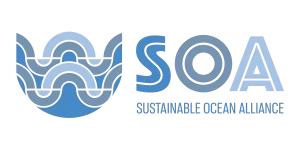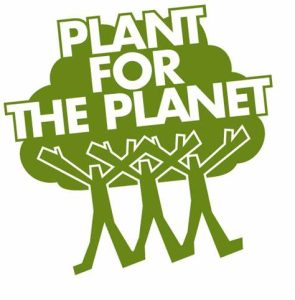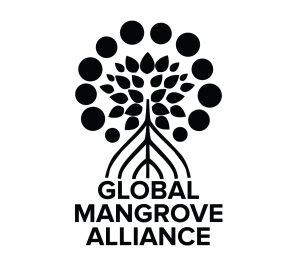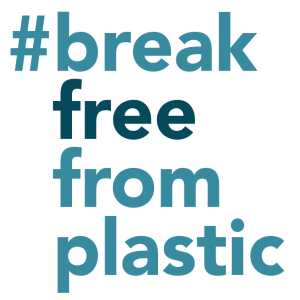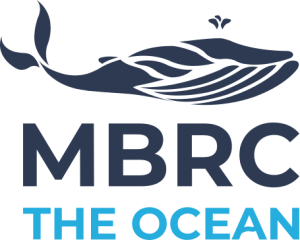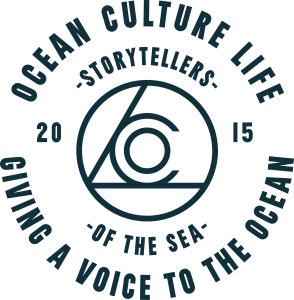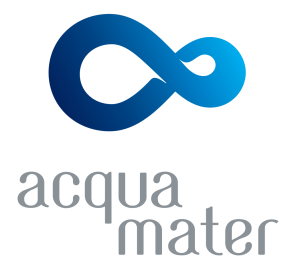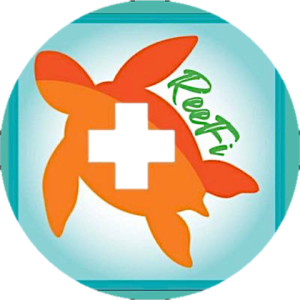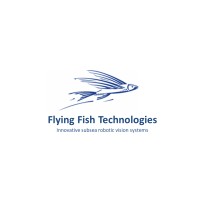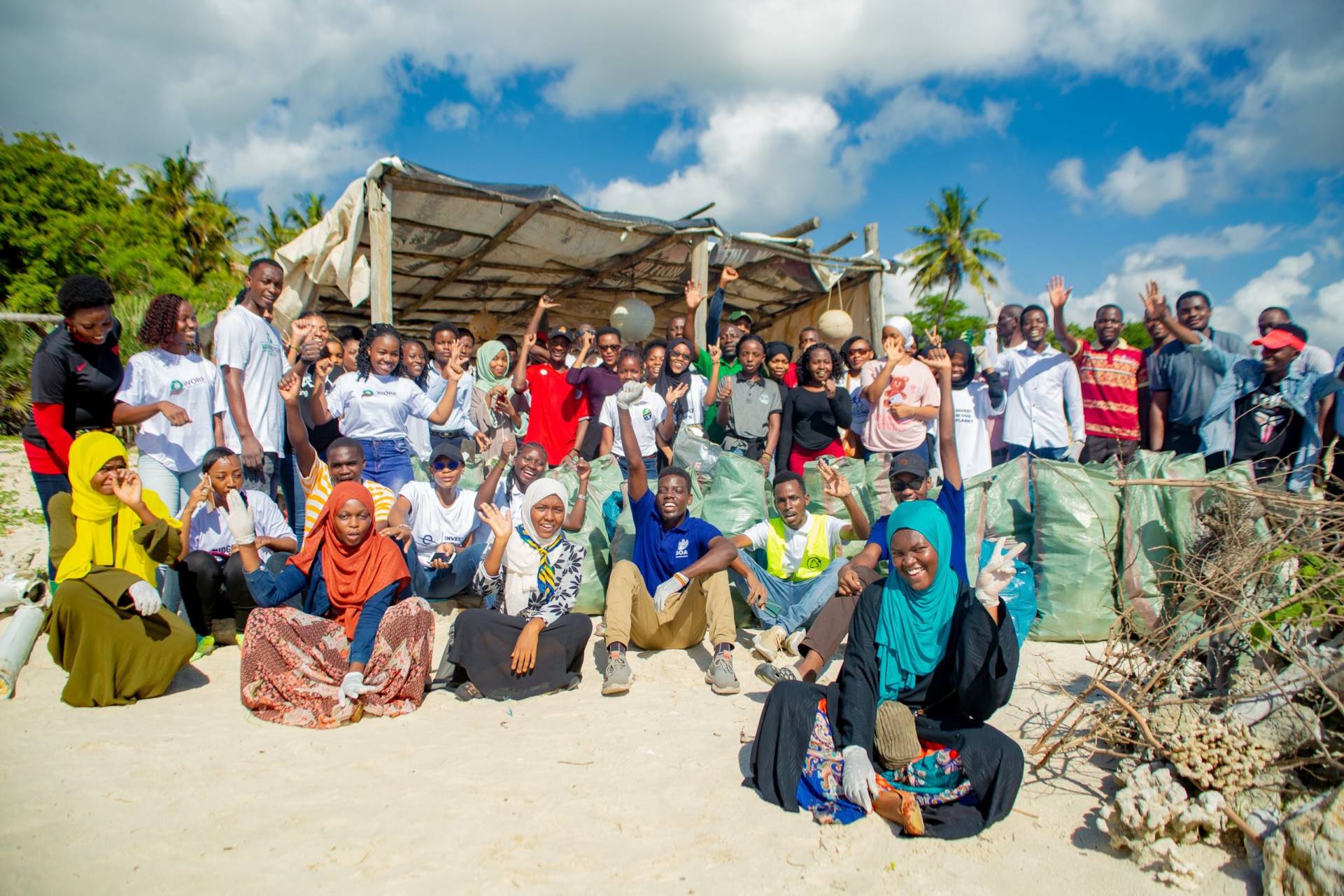
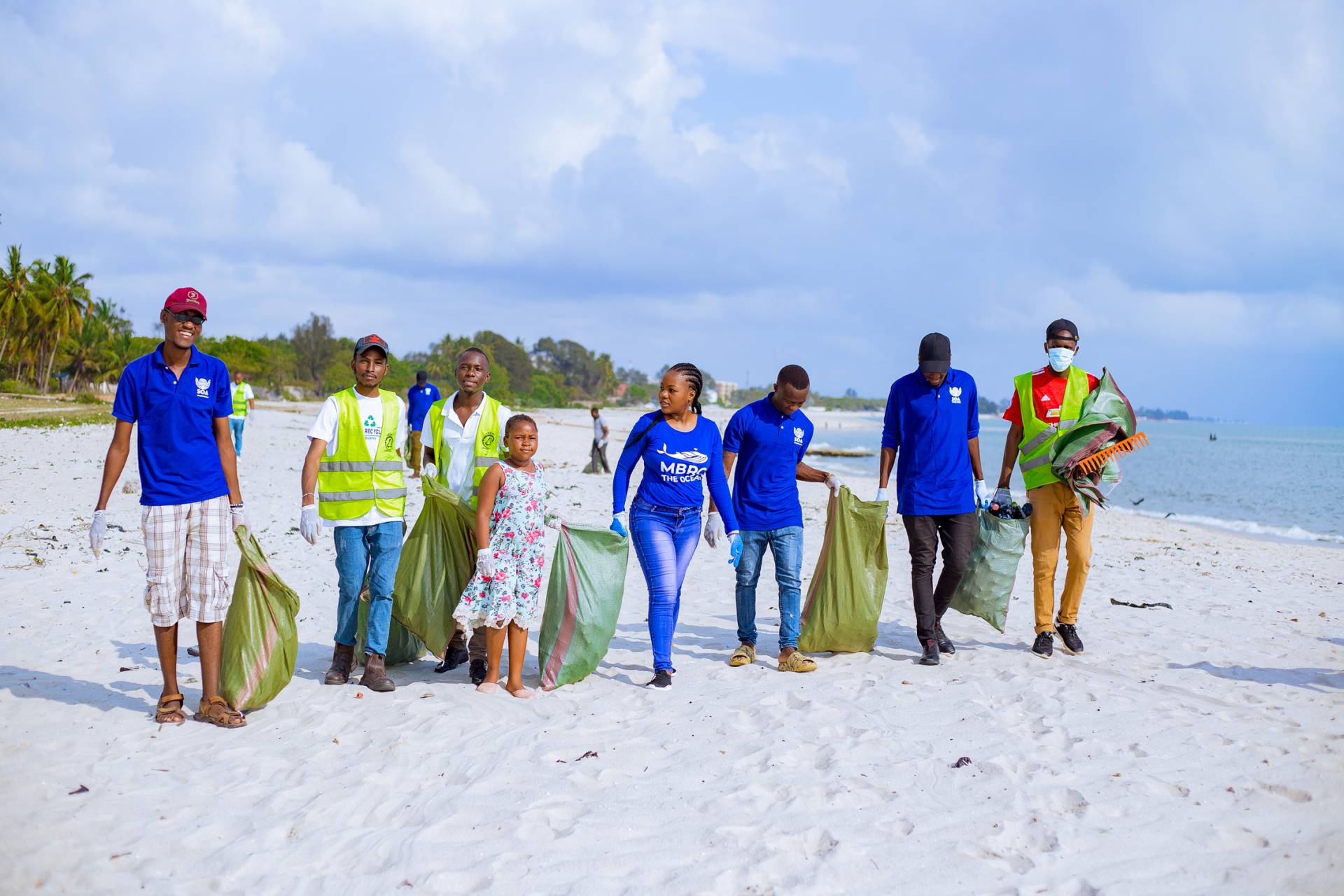
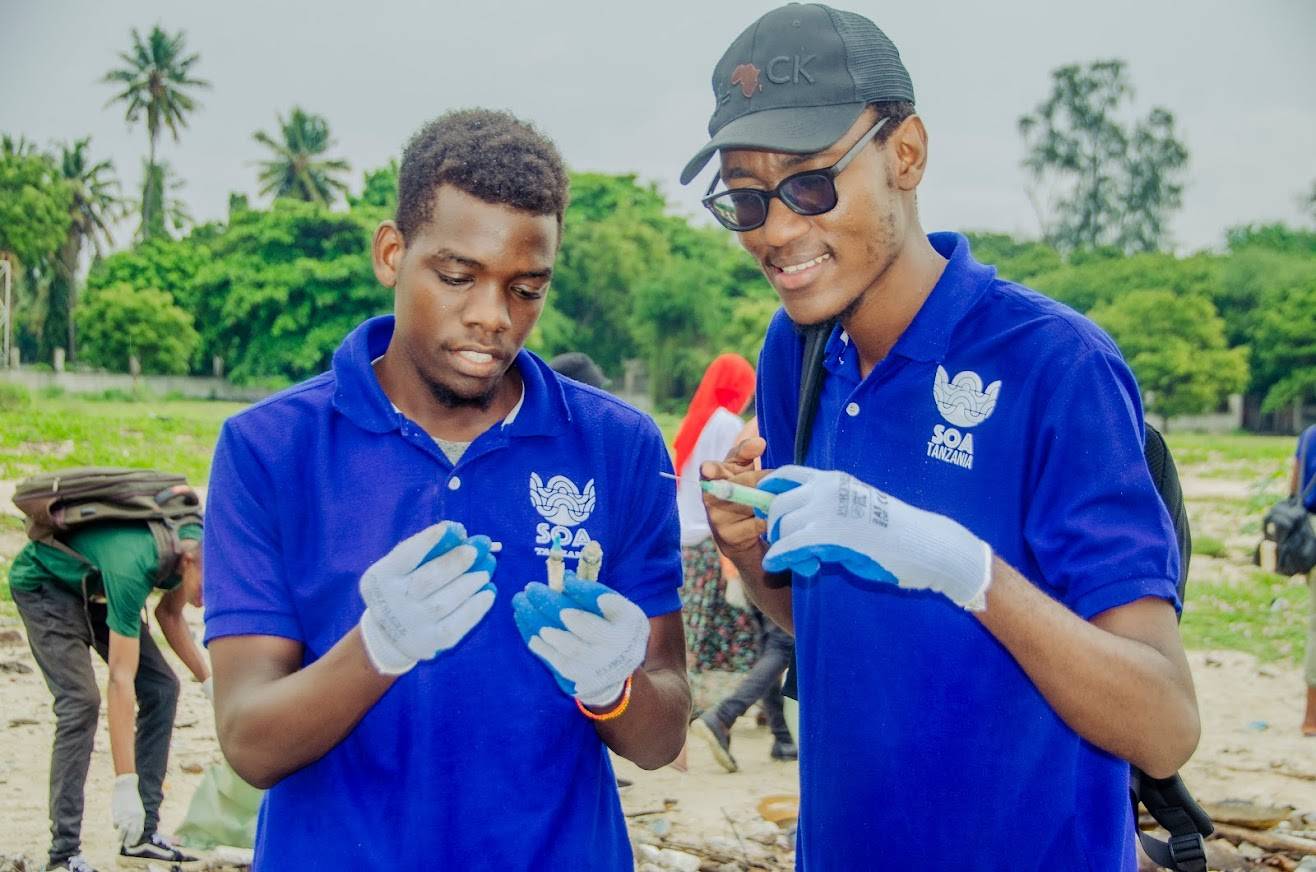
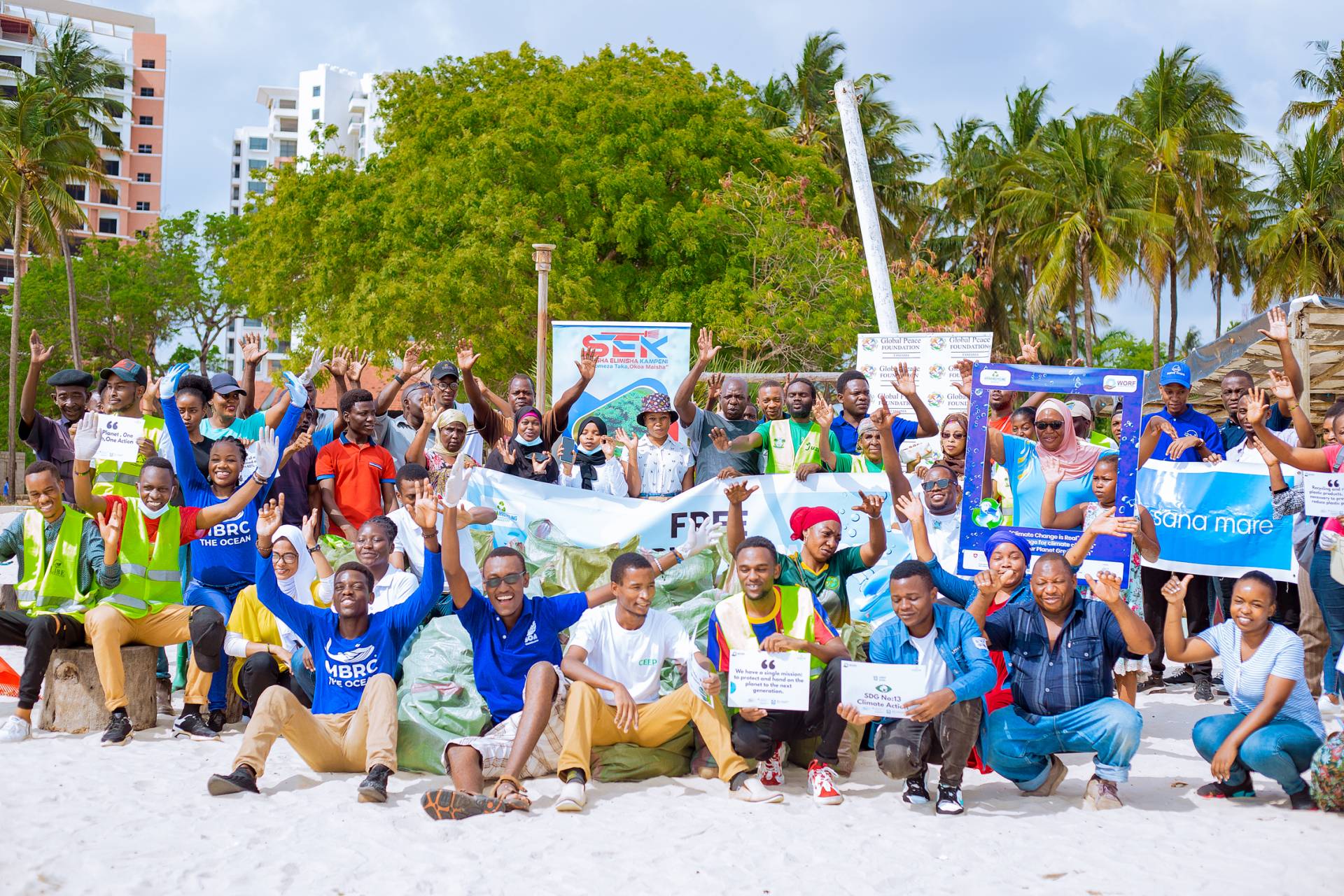
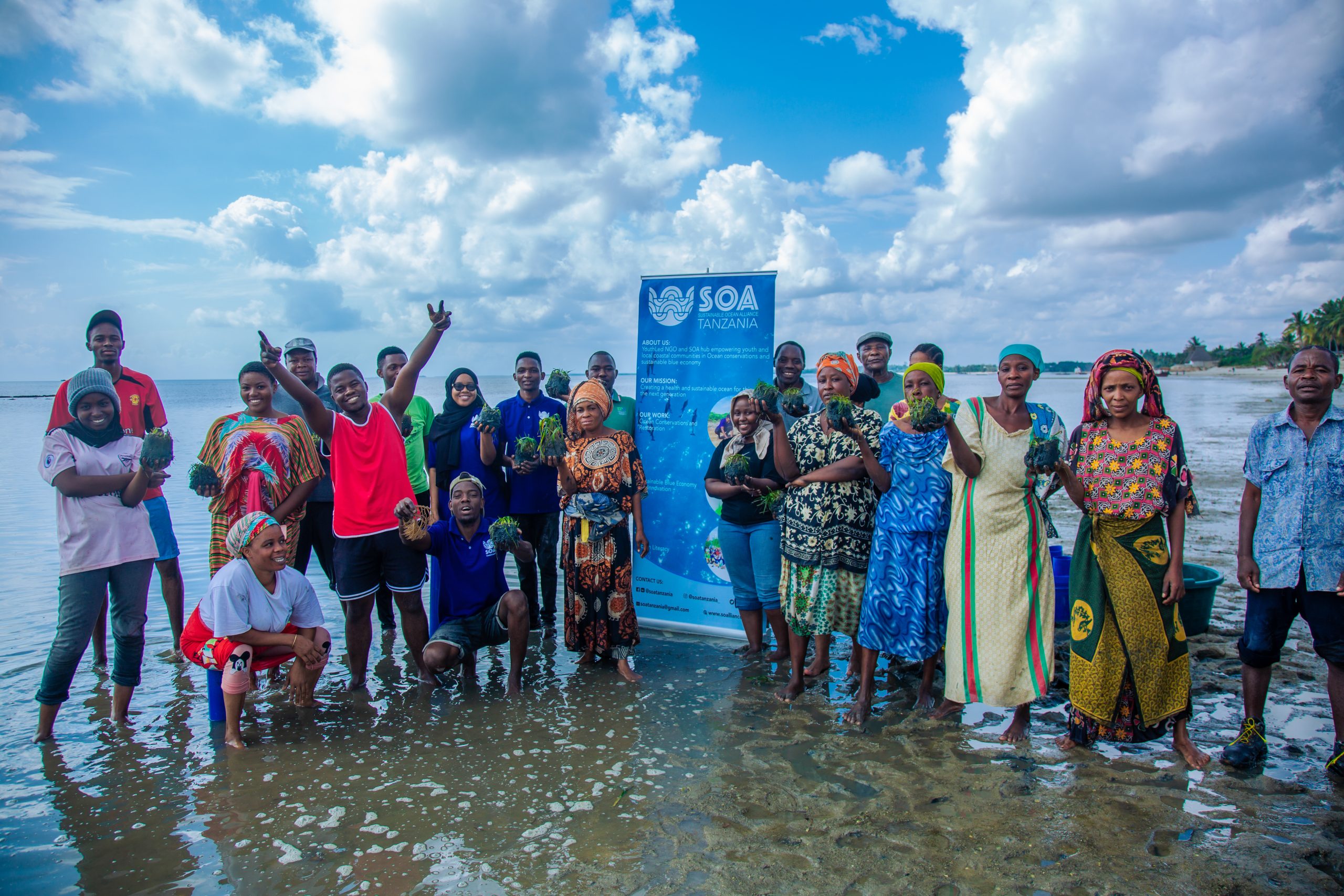
What we do
Sustainable Ocean Alliance TANZANIA (SOA TANZANIA) empowers YOUTH and Local coastal communities in Tanzania via ocean conservations and sustainable blue economy, restoring the health and sustainability of our ocean, creating a health and sustainable ocean for this and the next generation.
About Us
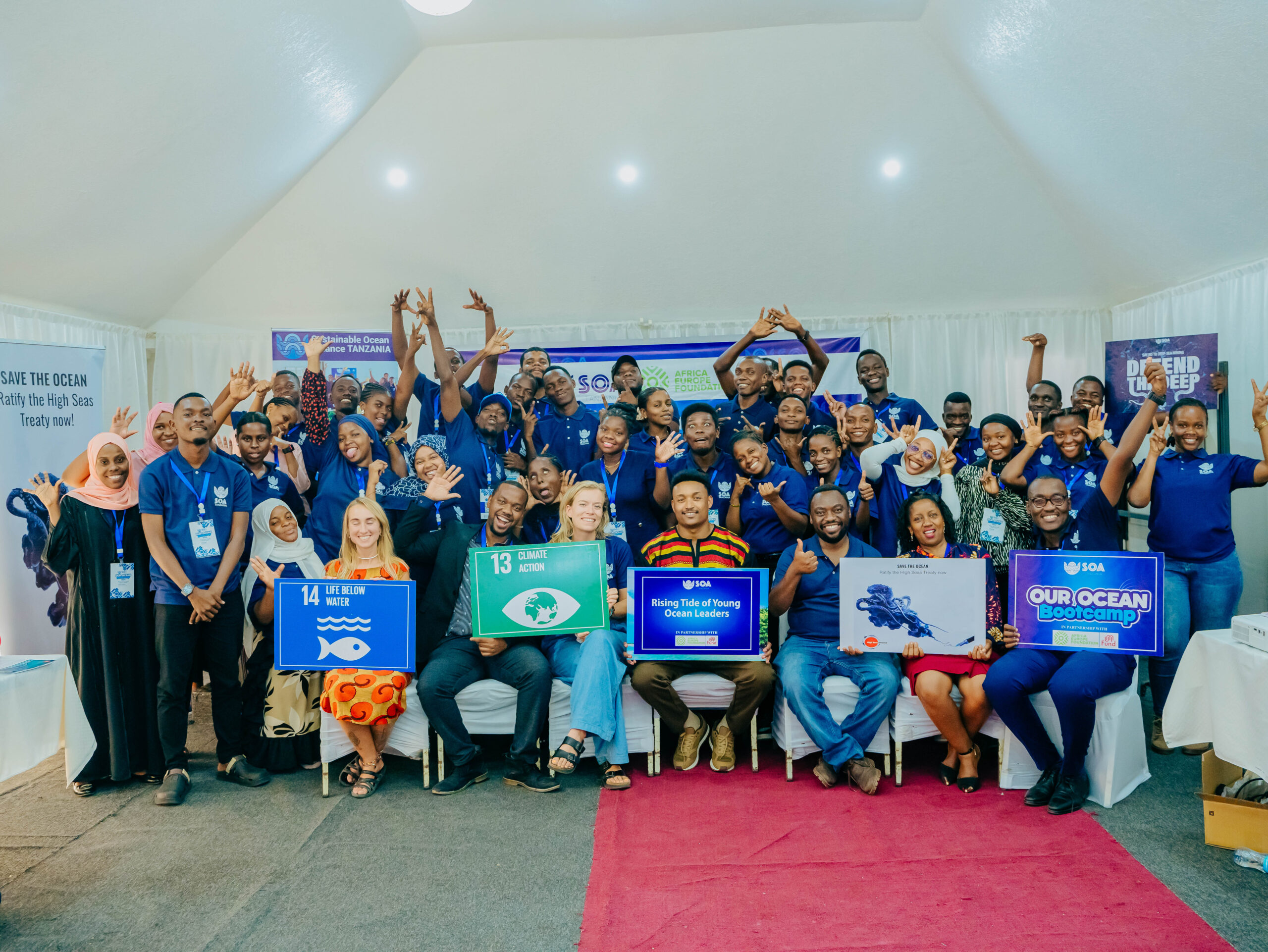
Vision
To become the substantial ocean activist group furnishing innovative ocean solutions in encouraging sustainable use of the marine natural resources in the coastal water bodies of Tanzania.
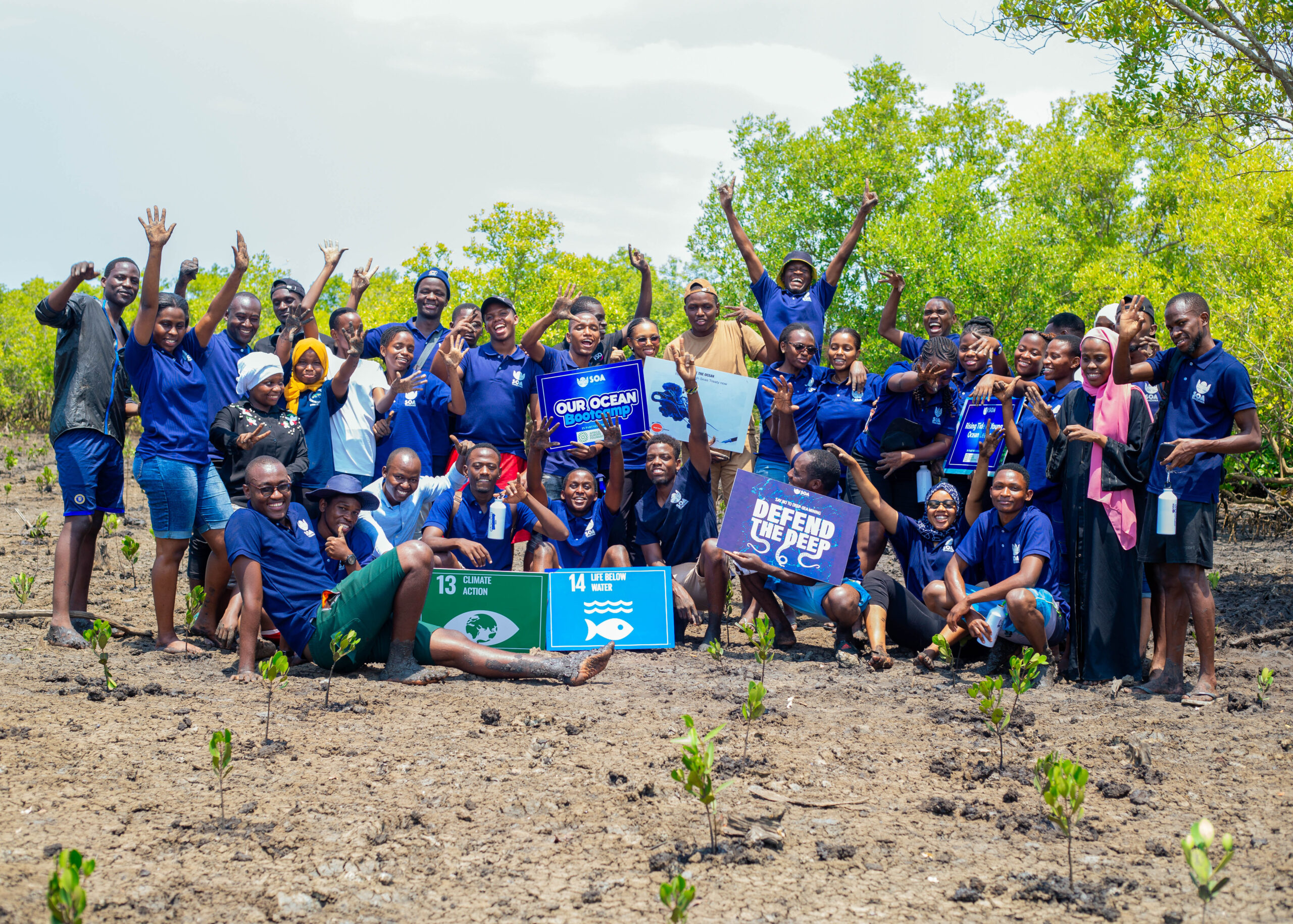
Mission
We empower YOUTH and Local coastal communities in ocean conservation and sustainable blue economy, creating a healthy and sustainable ocean for this and the next generation..
Objectives
Promote marine ecosystem restoration and conservation (mangroves, sea grass and coral reefs)
Advocating on sustainable use of ocean’s natural resources and on sustainable aquaculture (mariculture) and fisheries.
Raising awareness on marine pollution and conservation
Promoting research as a means to construct innovative ocean solutions.
Innovating solutions to pressing ocean problems in Tanzania
Empowering young people and the coastal communities
Metrics
Programs
In alignment with our visions and missions, Soa Tanzania has built up two important pillars / programs which defines fully all of our activities, These two major programs are: Blue Key Program and Bahari Yetu Program
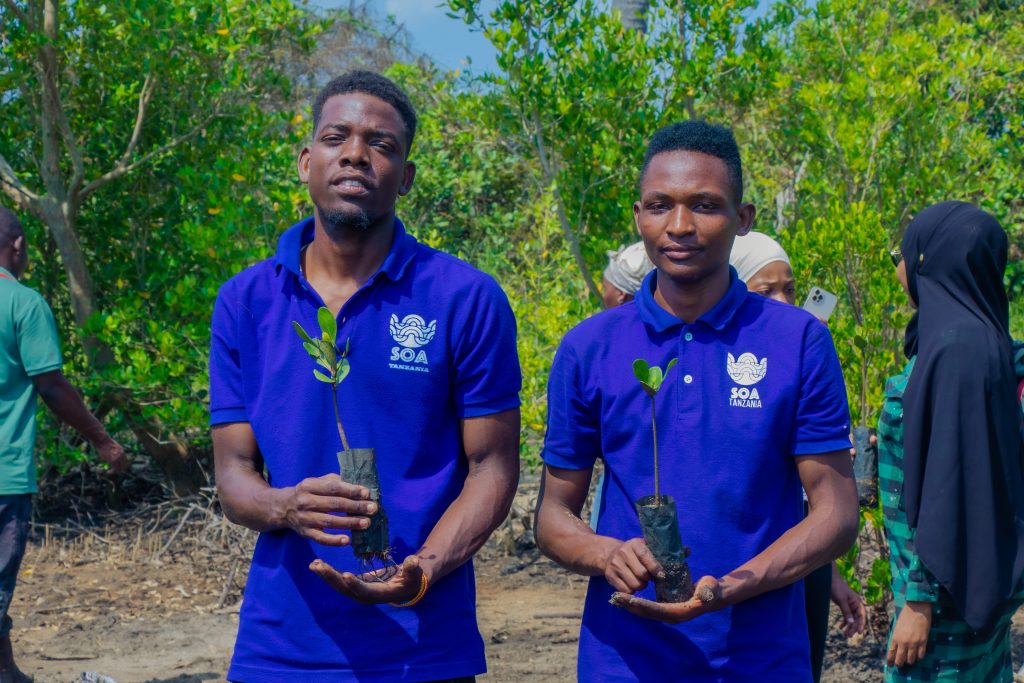
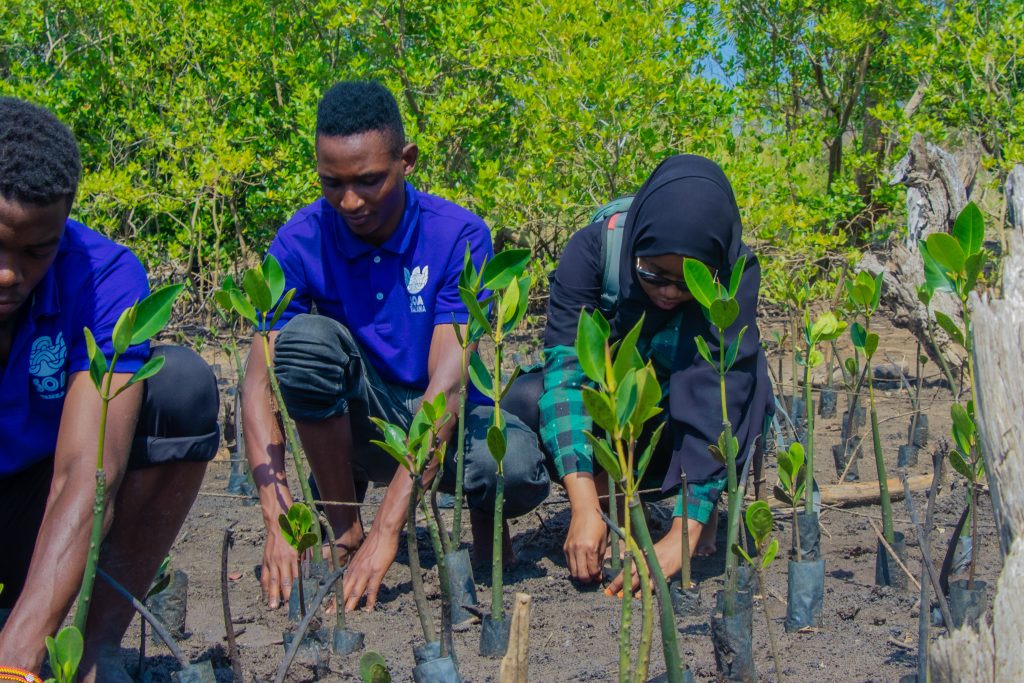
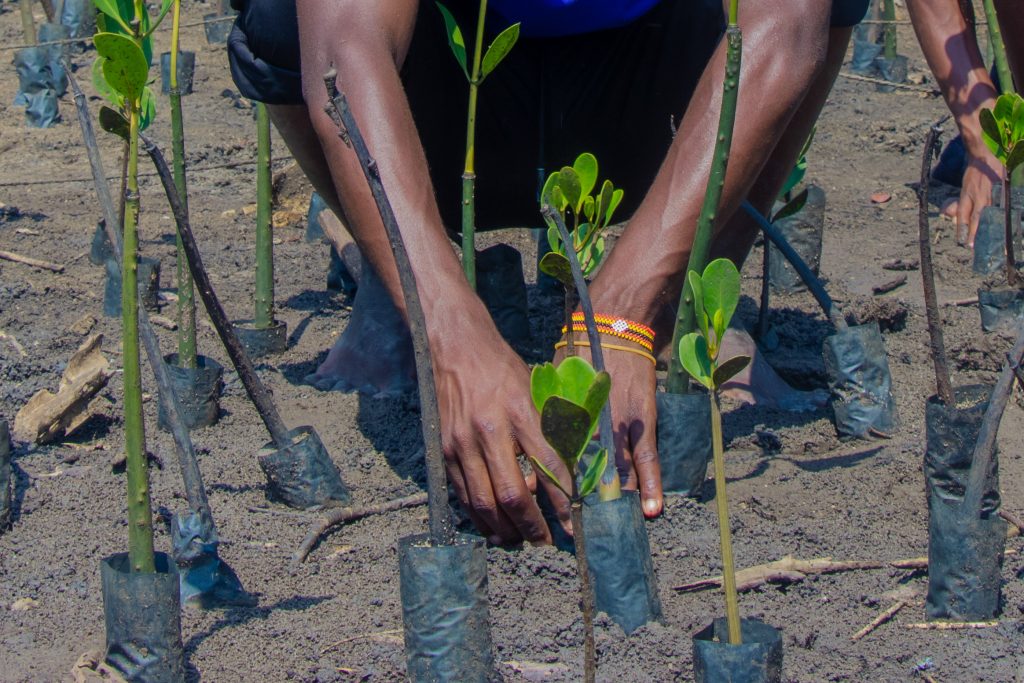
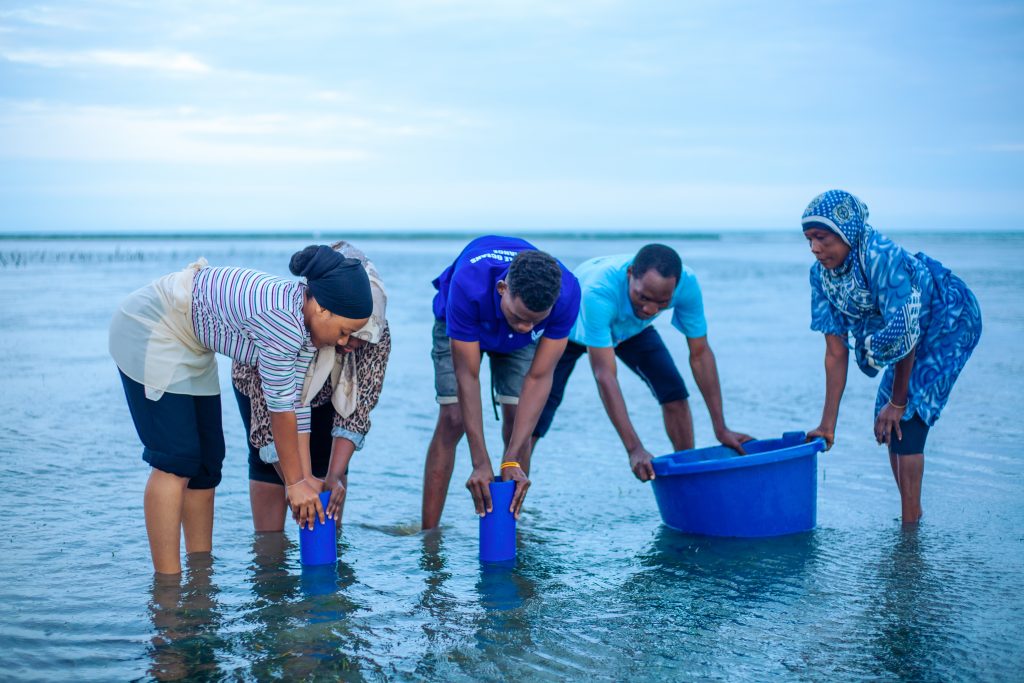
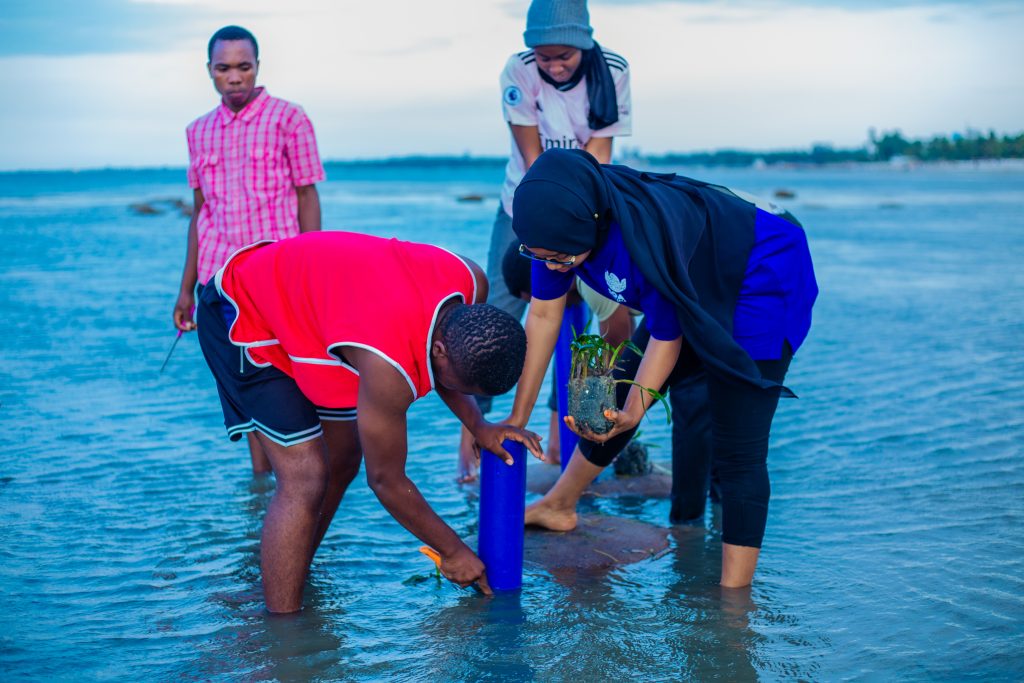

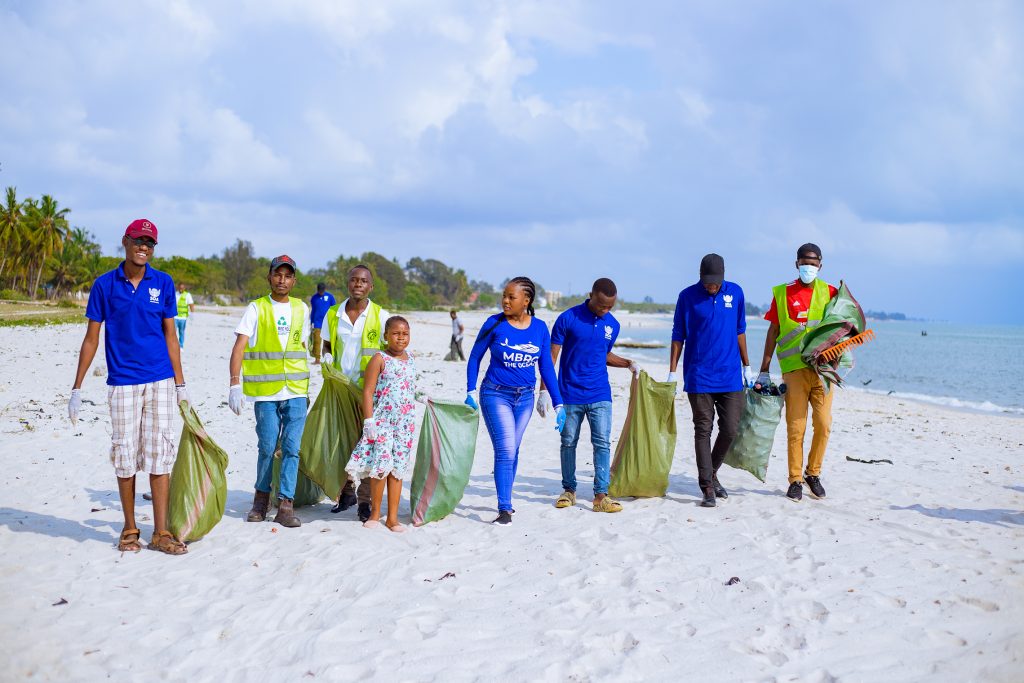
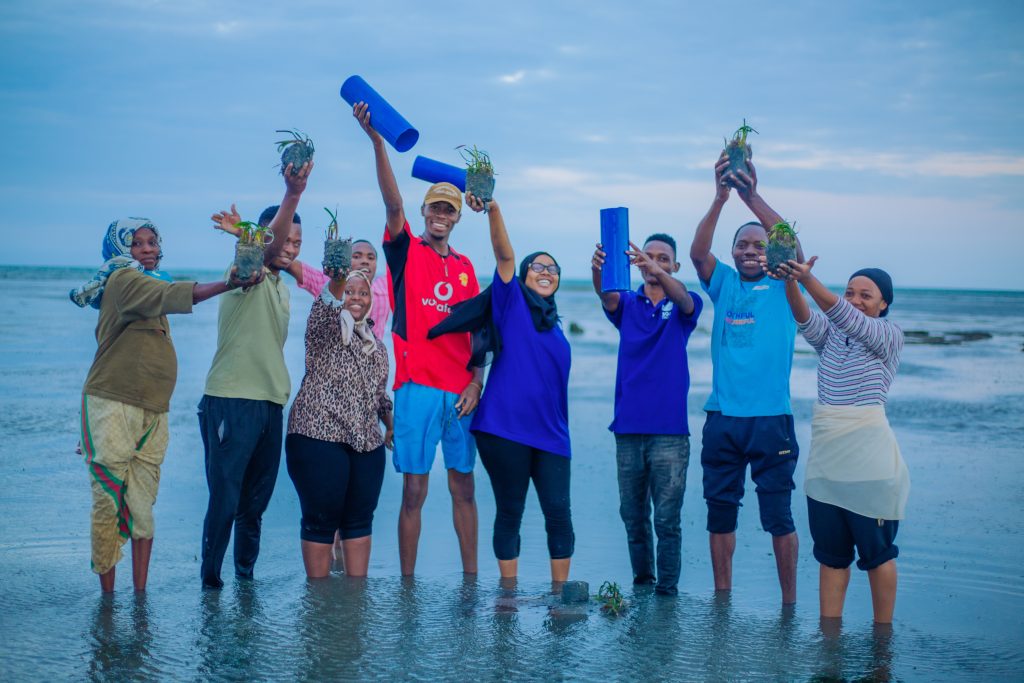
Blue Key Program
Finding the KEY SOLUTIONS to the problems our ocean and communities are facingWith this program we aims at solving pressing ocean problems via innovations, research and projects. Under this program OCEAN LEADERS get the chance to research on the status of our ocean ecosystems in Tanzanian perspectives and bring out the innovations and projects into actions to solve the pressing ocean problems in our communities.
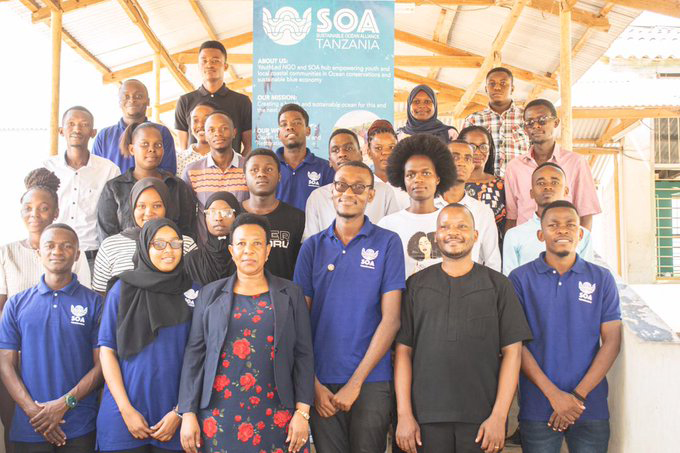
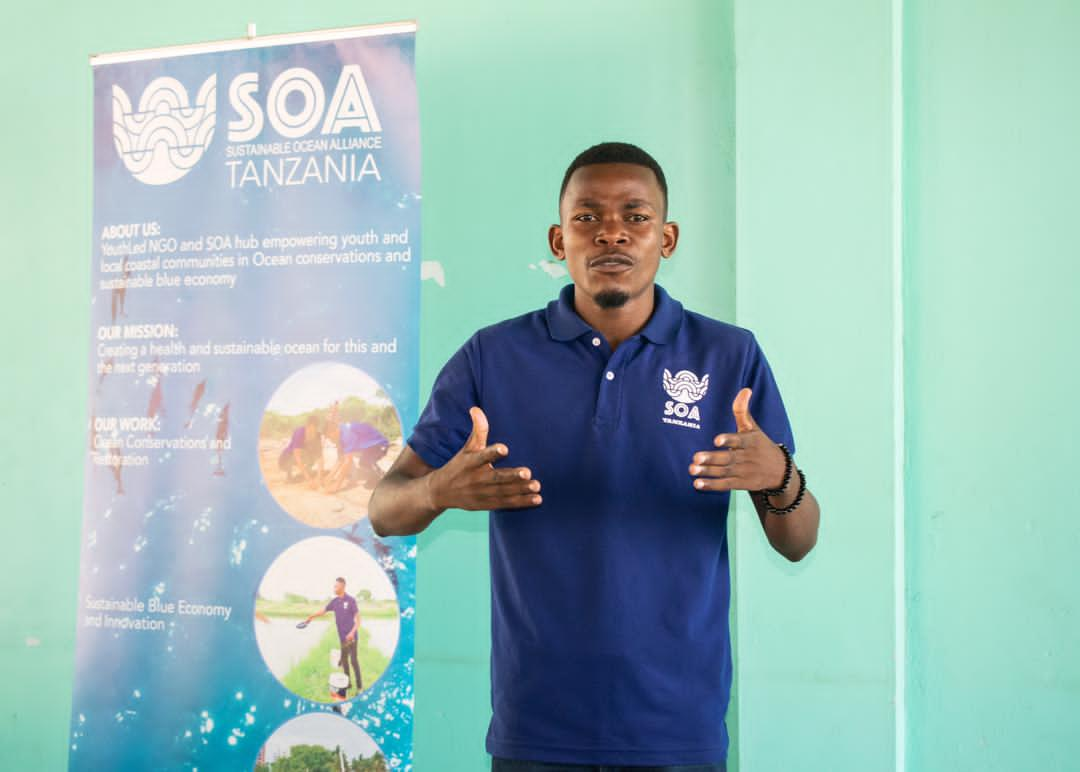
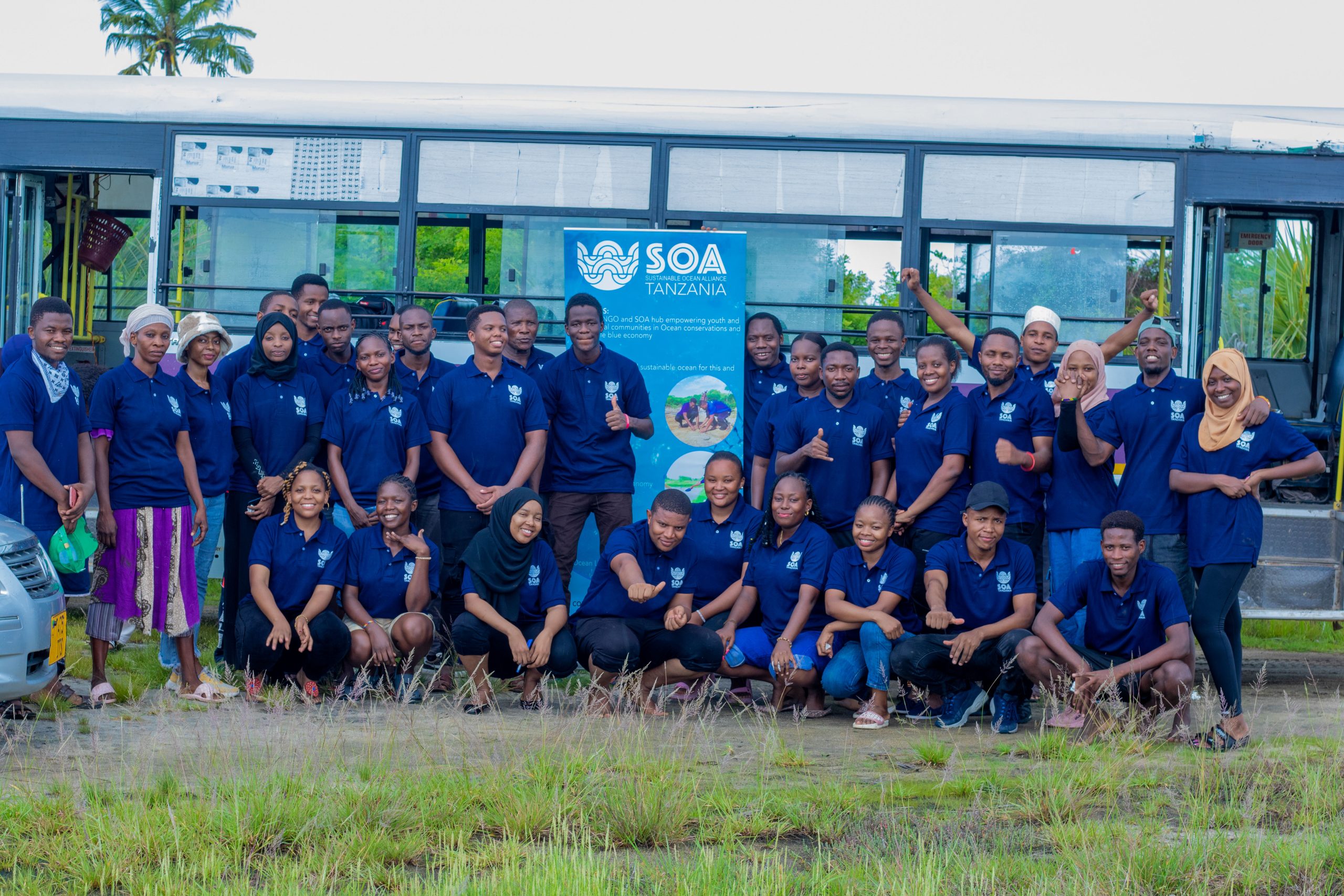
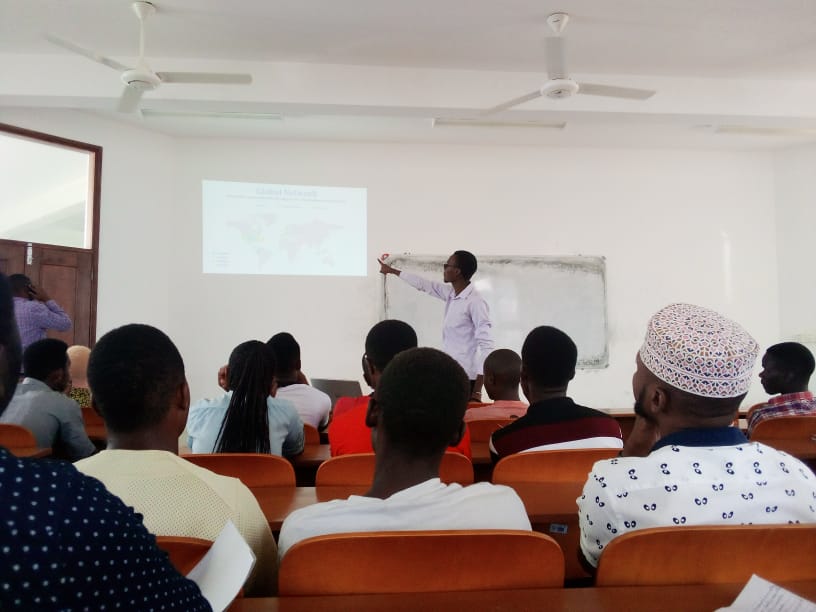
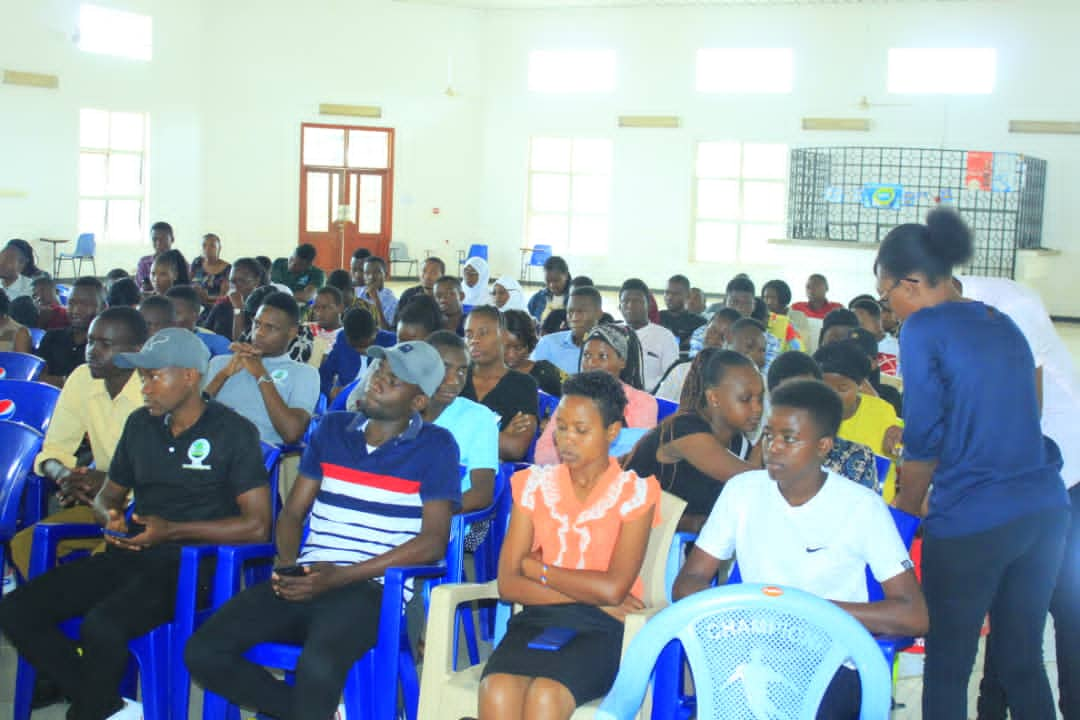
Bahari yetu program
With this program we aim to provide ocean literacy, via this program in many ways our OCEAN LEADERS will be able to provide in person and virtual ocean literacy on different oceanic topics under this program to help our communities understand how to create a healthy and sustainable ocean.
Our Project

The Grass Underwater Project
More than half of the seagrass cover in the ocean has been lost since 1977. This is due to numerous anthropogenic pressures that threaten the existence of seagrass beds. Most findings report that pollution, coastal developments and boat anchoring have for decades been the major cause of seagrass loss in many areas including the Indian Ocean.
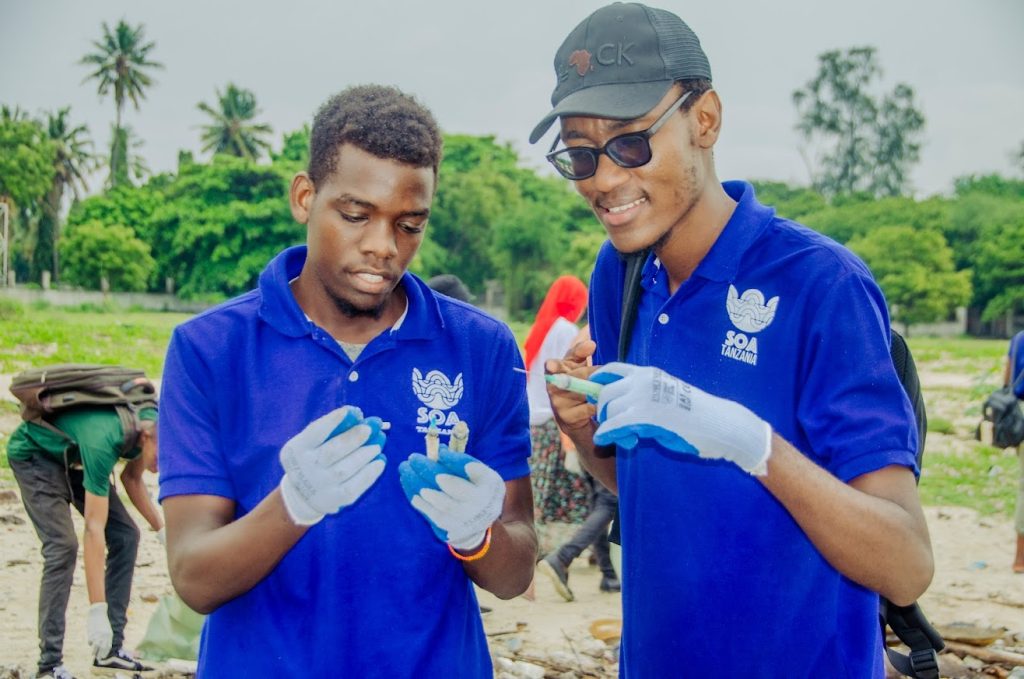
Medical Waste Campaign
As the world is fighting to end marine litters new litters are emerging also and we would like these litters to end and not to emerge nor increase any longer, since the breakout of COVID 19 there has been an emerging of litters like masks in the ocean plus medical waste as a whole including syringes, vaccination tubes and medical bottles have
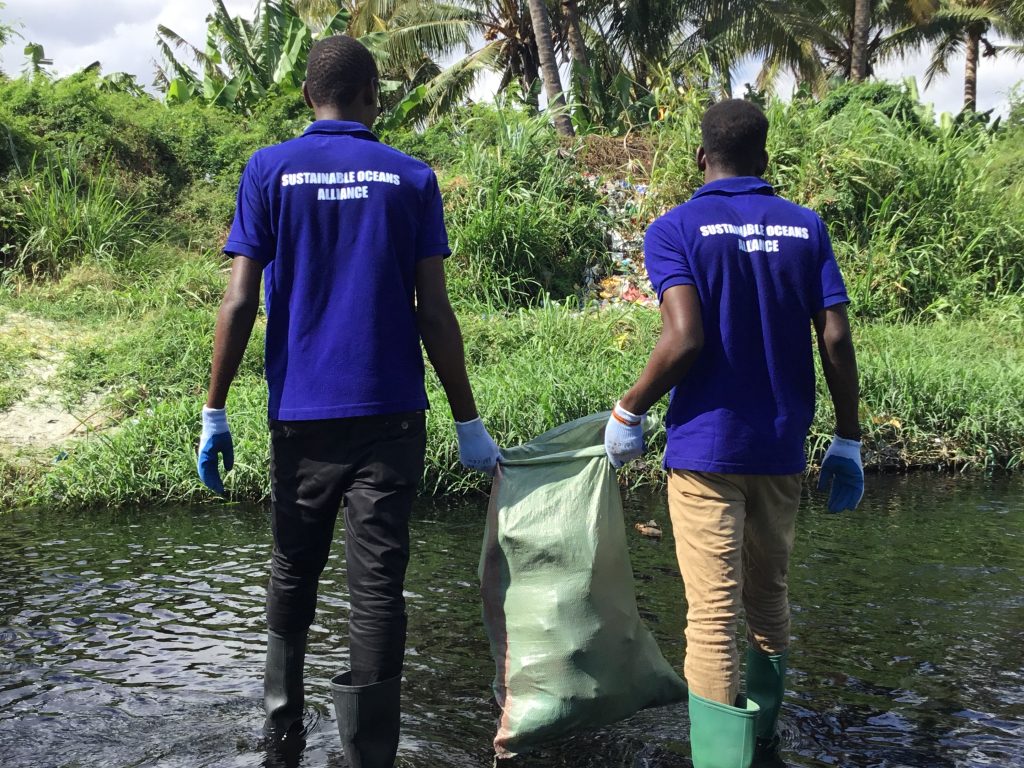
Msimbazi River Cleanup
Rivers are the channels of all that enters in the ocean including wastes, protecting and conserving rivers means protecting the ocean from harmful influences. Msimbazi river in Dar es salaam is a source of water to more than 100,000 of the population in Dar es Salaam, but with the present situation this river is totally polluted and in most areas of the river its waters are unfit for human consumptions
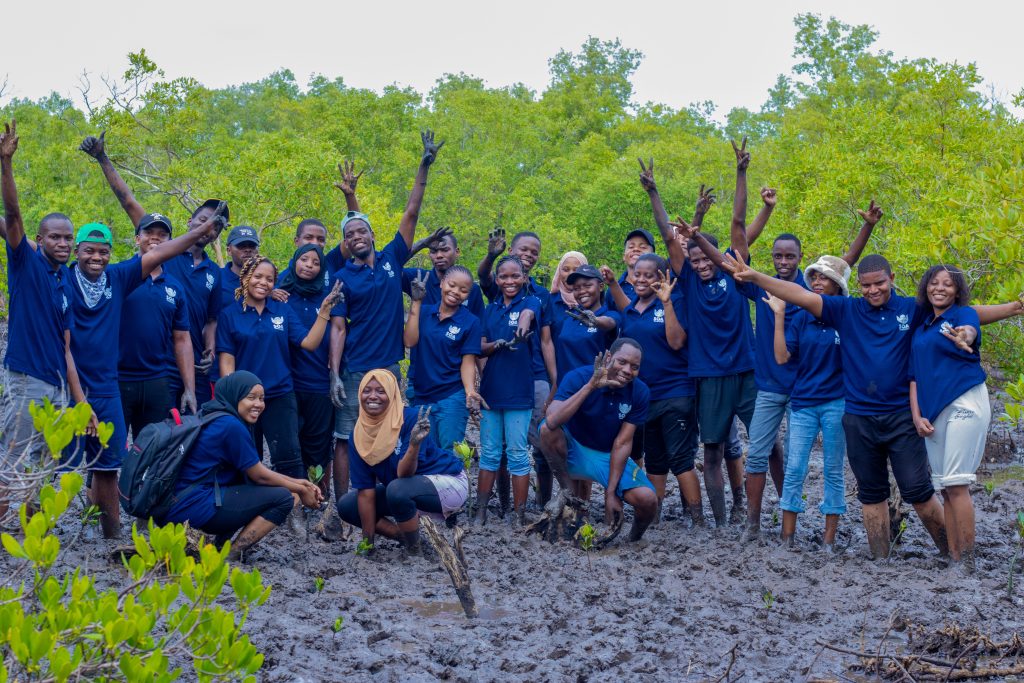
Mikoko Yetu Project
Tanzania has one of the largest mangrove areas in East Africa, with almost 160,000 ha. Local communities rely heavily on these mangroves for fuel, food, medicine, construction materials and income. The economic value of the direct use of natural resources in Tanzanian mangroves has been estimated at US$10.3 million per year.
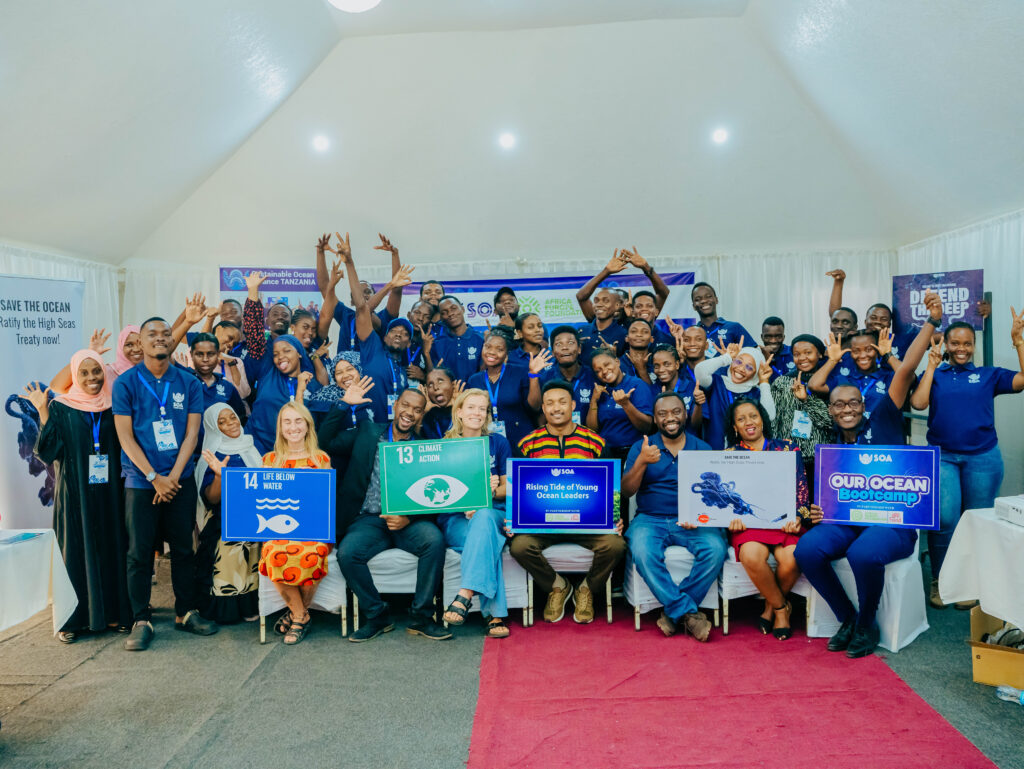
Our Ocean Bootcamp Program
Our Ocean Bootcamp is a training for the Tanzanian youth with passion and interest to gain in-depth understanding on our ocean challenges and be empowered to take actions to conserve and protect the ocean and venture innovative sustainable blue economy with targets on sustainable utilization of the ocean natural resources.

Our Ocean Cleanup Projects
In Tanzania more than 4300 tons of waste are generated everyday out of which 90% of them are left dumped in the environment and leak into waterways, rivers, lakes and ocean. The UNEP reports that by 2030, the ocean will have more plastic than fish. Wastes in the ocean including plastic pollutions endangers the health and sustainability of our ocean
Partners and supporters


